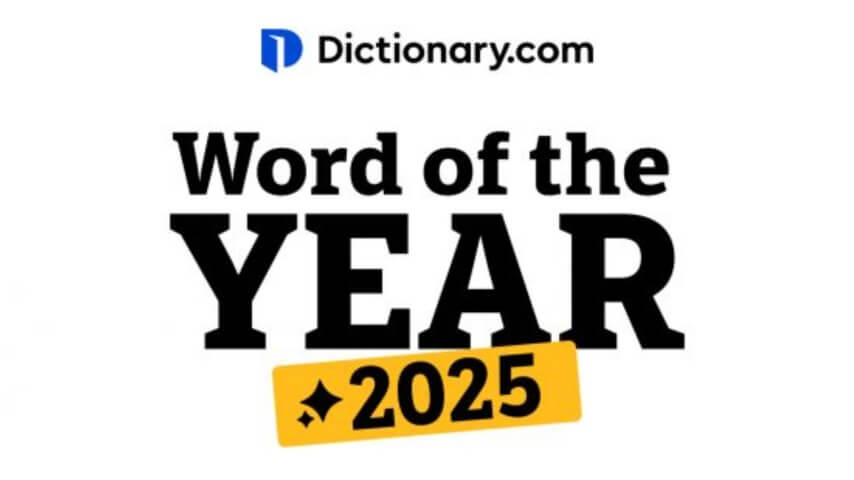If you have no connection to Gen Alpha, you may be wondering, what does 6-7 mean? The problem is, not even Dictionary.com really knows. “Some interpret it as ‘so-so’ or ‘maybe this, maybe that,’ often paired with a shrug-like hand gesture where palms face up and move alternately,” the reference site kinda-sorta explains in a press release. 6-7 is an example of “classic brainrot slang,” meaning “purposefully nonsensical, endlessly remixable and all about being in on the absurdity.”
The origin of 6-7 is not completely clear, though Wikipedia says it started with the song “Doot Doot (6 7)” by Skrilla. It seems to have been popularized through basketball fan edits on TikTok and Instagram and exploded into ubiquity (at least for a certain subset of online young people). The phrase has been associated with sports, height, and even gun violence, but overall it seems the actual point of the phrase is that it doesn’t mean anything. “I never put an actual meaning on it, and I still would not want to,” Skrilla told The Wall Street Journal. “That’s why everybody keeps saying it.”
“Everybody” is, again, mostly kids, with some schools even banning the phrase just because the students are being really annoying about it (per Fast Company). Dictionary.com makes a case for it as a burgeoning slang phrase, citing analysis that 6-7 “appeared in digital media six times more frequently in October 2025 alone compared to the average usage in 2024.” (“Doot Doot” was released in December 2024.) “Few slang terms have captured the cultural mood of 2025 quite like 67,” Steve Johnson, PhD, Director of Lexicography for the Dictionary Media Group at IXL Learning, said in a statement. “It’s part inside joke, part social signal and part performance. When people say it, they’re not just repeating a meme; they’re shouting a feeling. It’s one of the first Words of the Year that works as an interjection, a burst of energy that spreads and connects people long before anyone agrees on what it actually means.”
It does seem like 6-7 is a phrase better suited for Know Your Meme or Urban Dictionary. But as a digital dictionary, Dictionary.com tends to favor picks that reflect digital culture for its Word Of The Year. The 2024 pick was “demure” (which blew up on TikTok), and 2023 was “hallucinate” (in connection to artificial intelligence). Some of the other candidates on the site’s shortlist were “Aura farming,” “Broligarchy,” and “Tradwife.” Still, it seems odd for Dictionary.com to choose a Word of the Year that it can’t really define (the site itself admits “we’re all still trying to figure out exactly what it means.”) If you’re looking for a Word Of The Year that has an actual definition—and is actually a word—you’ll just have to wait for the 2025 pick from Merriam Webster.

 Keep scrolling for more great stories.
Keep scrolling for more great stories.
